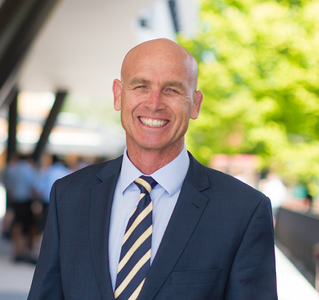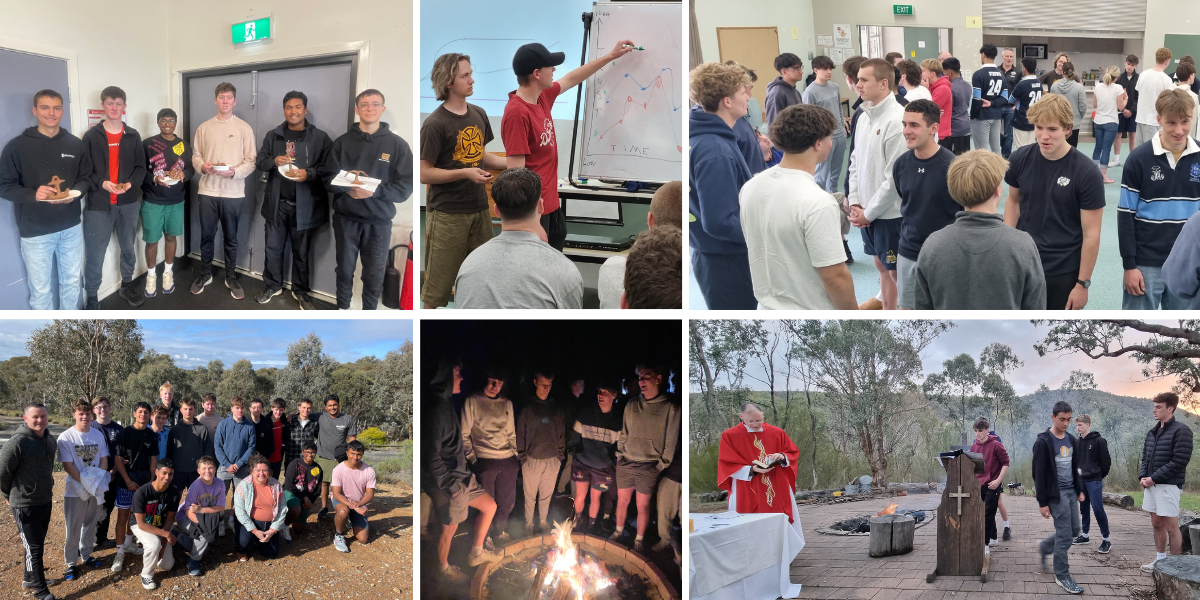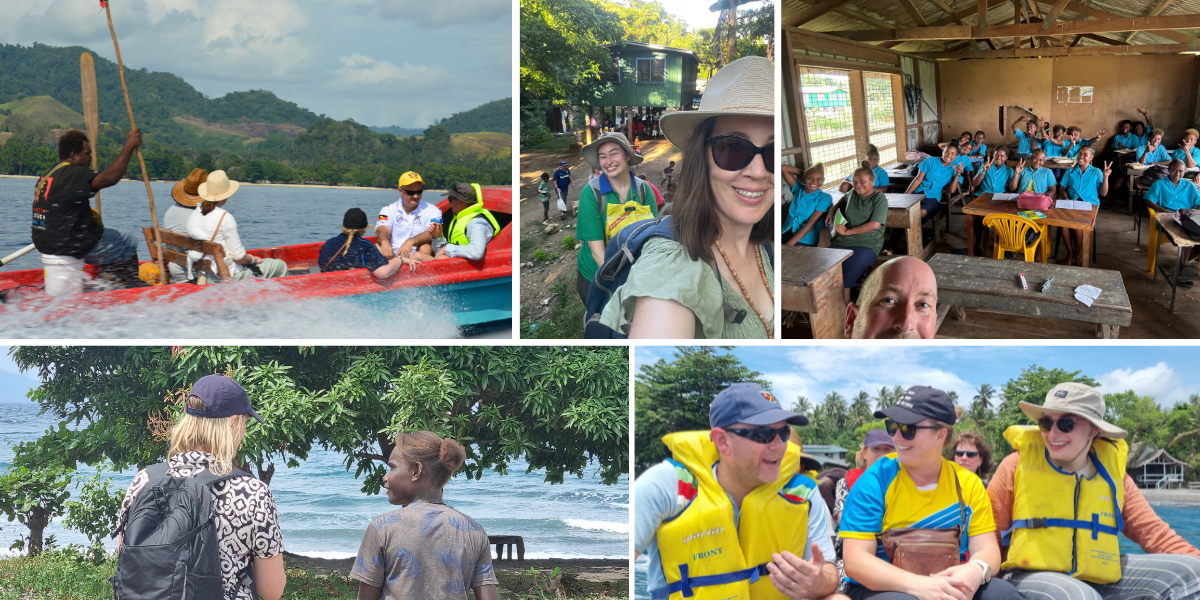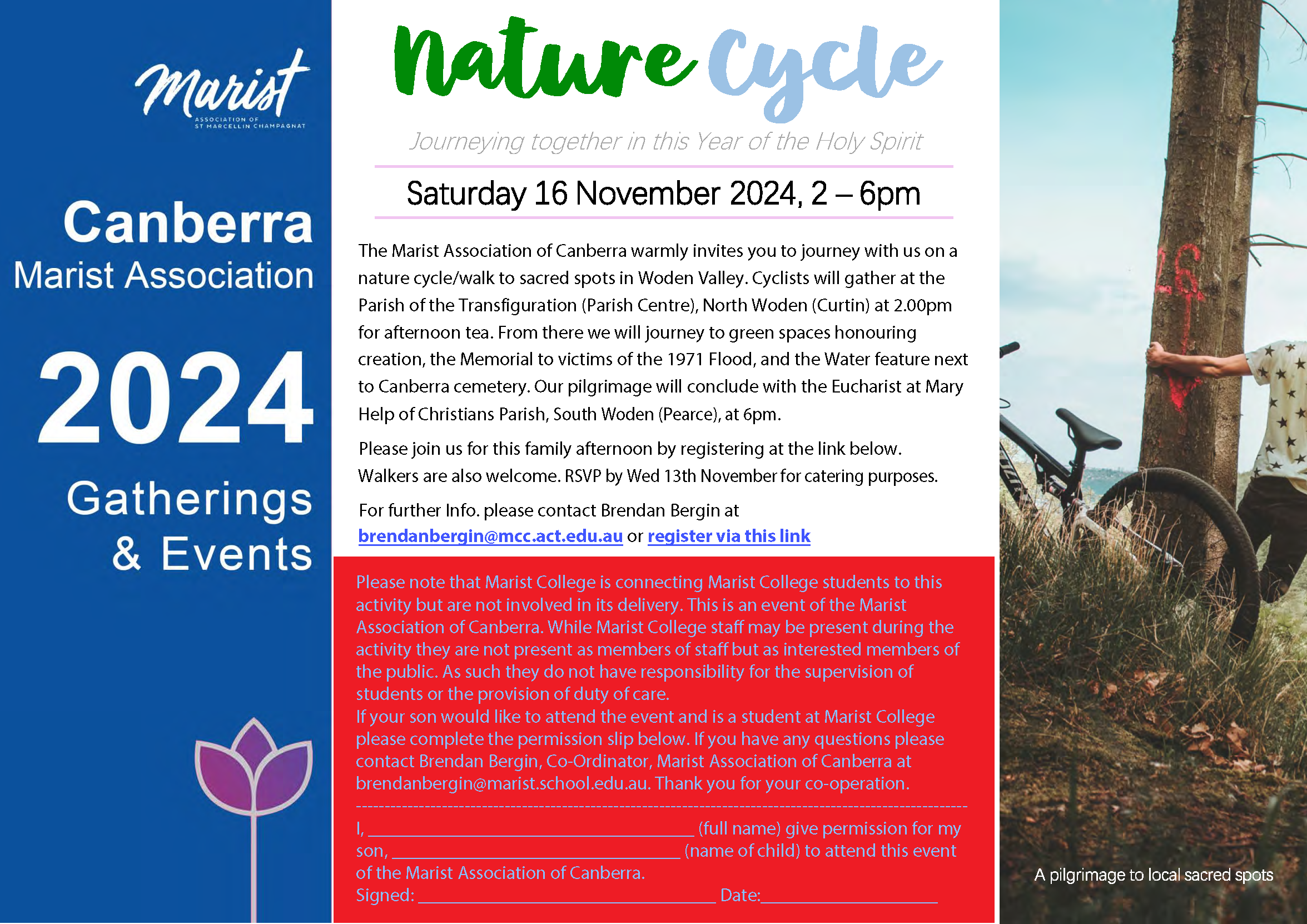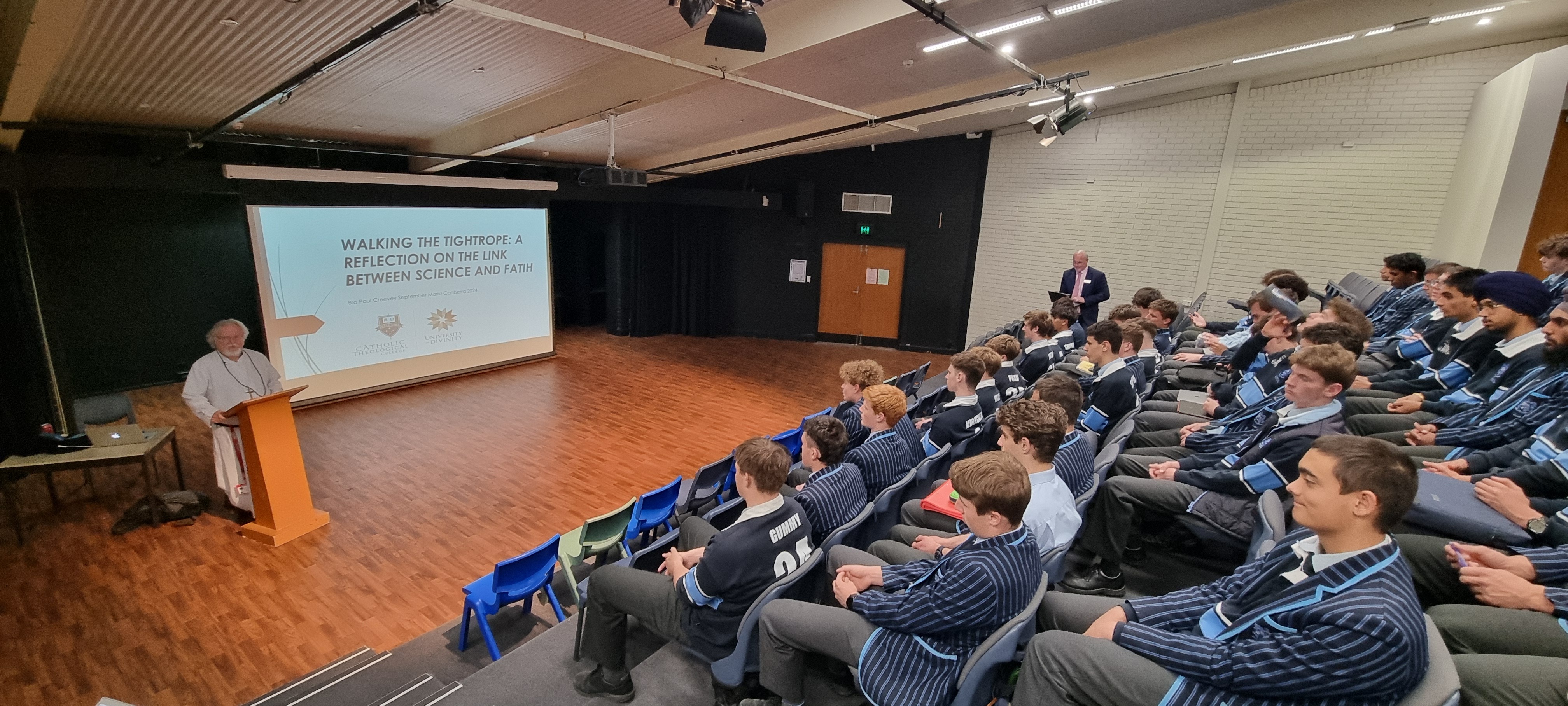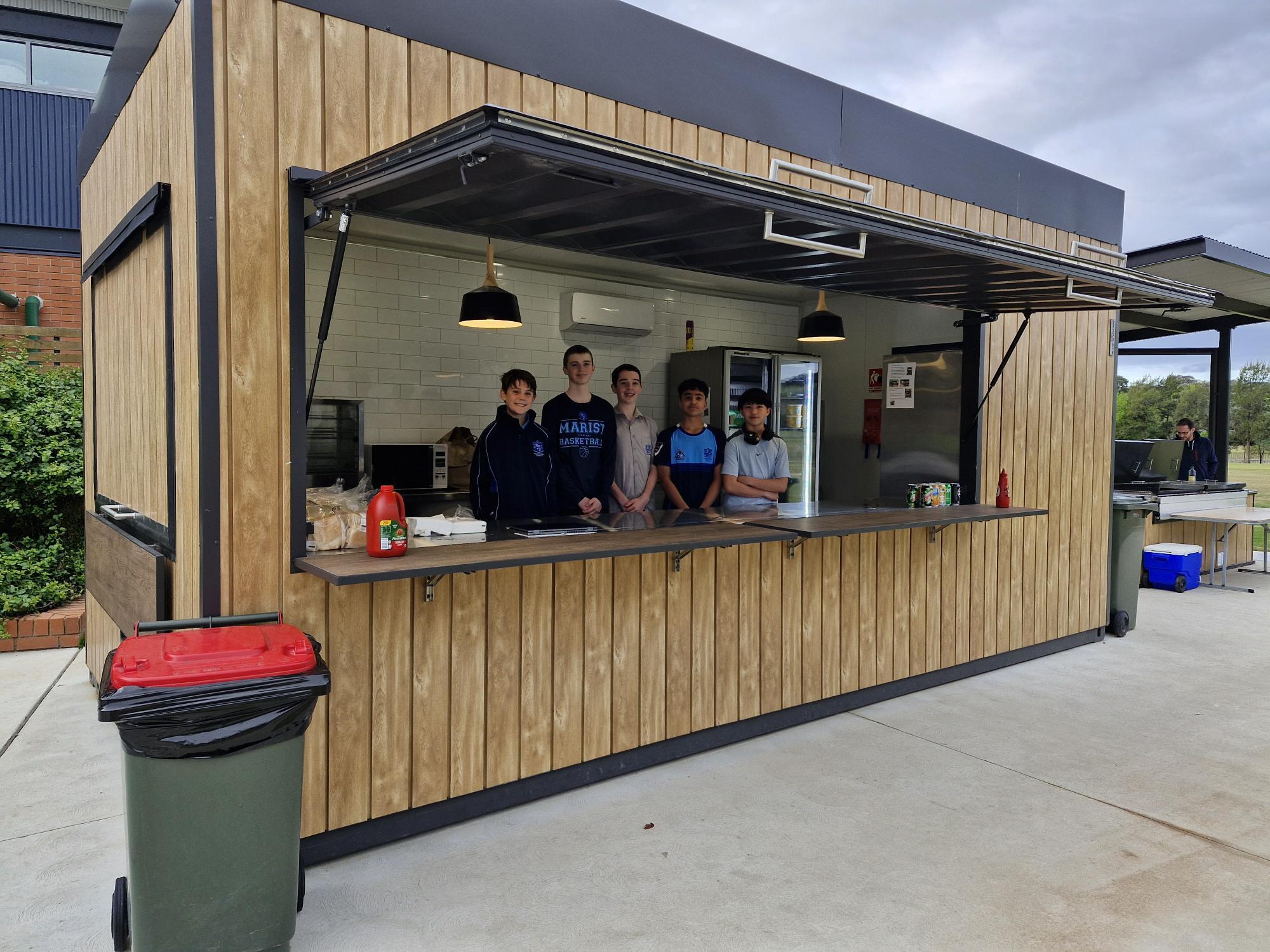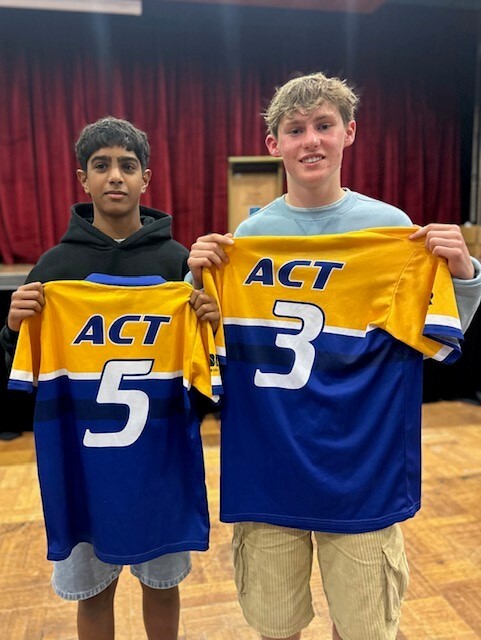Life choices for young men
In the busy last weeks of term, the College hosted Brent Sanders for a parent information session ahead of student workshops for Year 10 the following day. Sanders had a distinguished career in the police force and has become one of Australia’s leading voices on sexual crime, consent, and the power of decision making and consequences. Importantly, Sanders speaks from a position of not only experience in terms of his career in the police, but also, as a person who made a poor decision as a teenager that has had consequences throughout his entire life.
He spoke candidly about how, as a teenager, he made a terrible decision after a party to drive a car unlicensed and under the influence of alcohol, and crashed it into a house. His decision to take the keys was made in an instant, and has resulted in a lifetime of consequences. In the end he was lucky. There were no real injuries for the boys in the car with him, and the house he crashed into could be repaired, but we know that the consequences could have been much more dire. He lives with a record of that one heartbeat.
Interestingly, one of the key takeaways I took from Sanders’ talk was about the environment where these risks might be taken. Overwhelmingly for older teenagers as the risks grow, they involve two things which ultimately exacerbate the challenge - peers and alcohol.
Sanders also spoke of his experience leading sexual crime investigations in the police force, and dealing with hundreds of scenarios that all involve either risk taking that begins with peer pressure, or sexual assault due to ignorance and lack of awareness of what consent means. In terms of sexual assault, he spoke about real statistics, alarming statistics, that nearly one in five women from 15-21 years of age has been sexually assaulted. The notion of a sexual assault often brings mental images of dark alleyways and predatorial strangers. Sanders posited that this really distorts the reality. Overwhelmingly the sexual assaults in this age group happen in scenarios where the attacker is in the victim's own year group, from someone they know socially, and someone they believed they could trust.
A further implication from Sanders' talk was that young men need to understand the definitions of consent and its implications. The workshops with our young men were fascinating, as one part of Sanders' discussion focused on the notion of consent and his pillars for understanding them. He presented real life experience and scenarios and discussed with our boys in a beautiful and engaging way. It is interesting that the fear of these topics can often lead to men feeling attacked or to blame for the actions of others. The understanding that our young men gained from the discussion from Sanders is vital for them as a protection for themselves.
As a College, it is imperative that we mould our young men into understanding how to navigate relationships, including intimate relationships, in a respectful manner. The Australian Curriculum has recently added further consent education into the Health curriculum, allowing conversations to be held with students at a much earlier age. Whilst this can be of concern with parents, it is important to understand that the term “consent” is distinct from “sex”. The public discourse almost exclusively drives it towards the latter, however it is crucial to understand that consent is critical to form respectful relationships, where all parties feel safe, valued, and respected, not the understanding that it involves solely sexual experiences.
Whilst the talk was aimed at parents of our older students, the message was something that as parents of young men, we all need to understand. We all know that teenagers will begin to test the boundaries as they grow into older adolescence, taking more risks. In many ways it is in these periods of mistakes that we grow substantially as humans. As parents and carers of young men, we need to be conscious of this so that when they are faced with the prospect of making risky decisions, they have the tools the enable them to make good and moral choices.
So what do our young men need from us as parents and carers? Well, it's complex. We need to allow them to grow and make decisions for themselves, but encourage a relationship where they are able to talk about the decisions they make that do not go well. By being curious and not judgemental, your son will see you as a safe place to discuss and learn from.
They need open and honest conversations with you as parents about the environments they are moving into, their decision making, and the consequences. When there are real world scenarios or examples, make a point to discuss them with your son. You will not be short on content!
Liam Stakelum
Acting Headmaster
